Trauma comes in many forms, especially for kids. Even the most well-meaning parents and caregivers can leave their children with personal histories that affect the kids long after they become adults. Neglect is one of those lesser-known forms of trauma that can linger for decades. Check out how childhood emotional neglect impacts adult relationships to spot the symptoms.
1. It destroys your sense of self-worth.
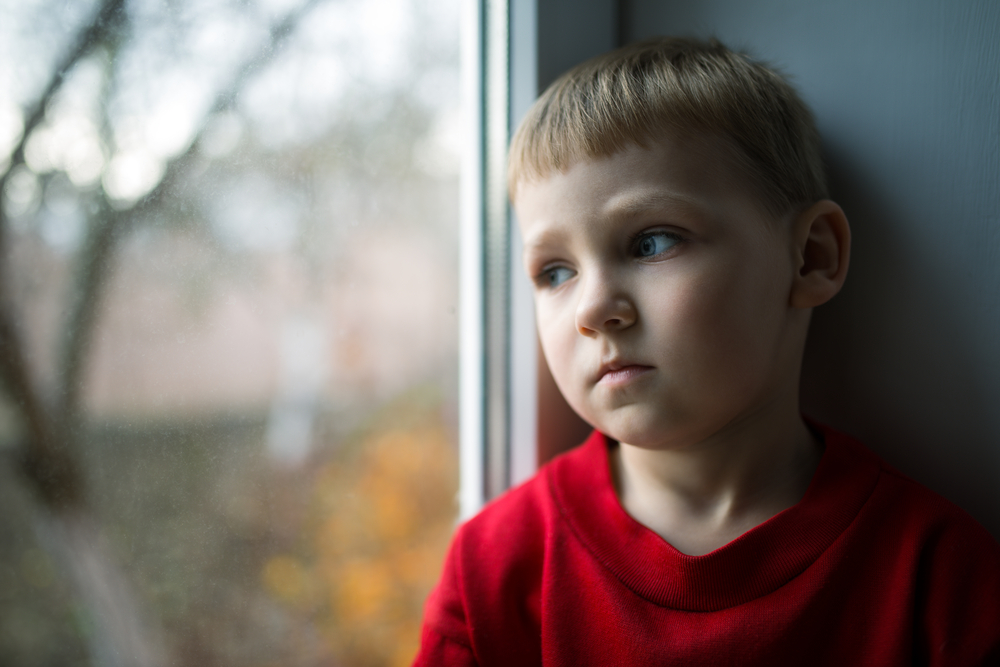
Kids may reason that their parent or caregiver is not meeting their emotional needs because there’s something wrong with them, not their parents. They don’t want to believe their parents would choose to hurt them or make such a painful parenting mistake.
When a child blames themselves for their parent’s neglect, it erodes the child’s self-worth and keeps it low into adulthood. Formerly neglected adults may be willing to withstand abusive or toxic behaviors from others because they don’t believe they’re worth defending.
2. It makes love seem unattainable.
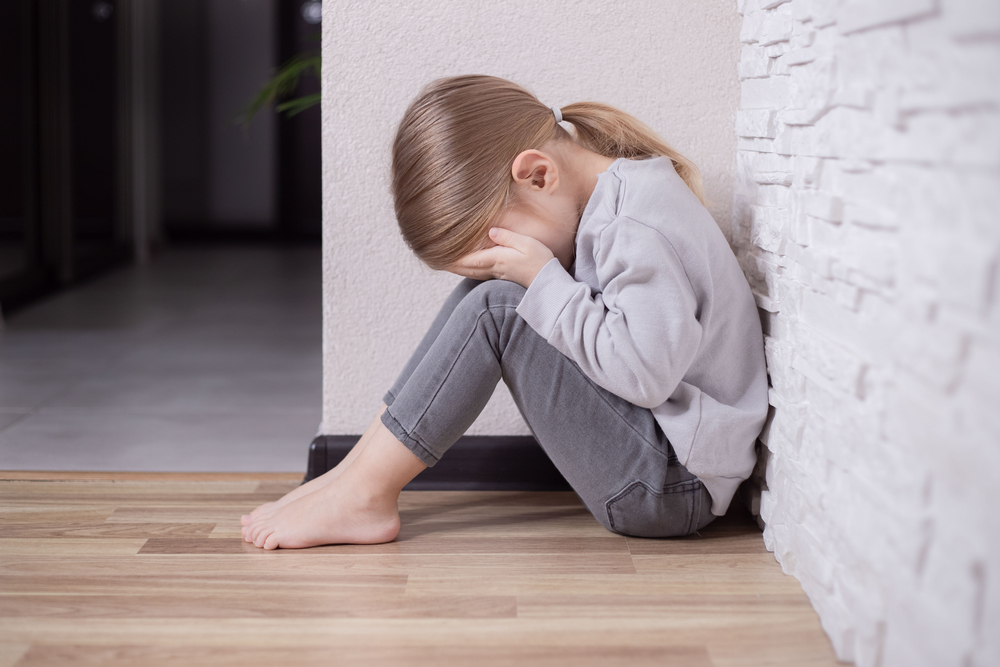
As a study published in the journal Frontiers in Psychology revealed, strong social support builds a young person’s self-worth more effectively than many other parts of their life. You can’t have a thriving social support net without emotional support from the people in your life.
Getting that close to someone else might seem impossible if you grew up in a household with emotional neglect. It could feel like the universe is holding you back from love for an unknown reason. Whether it’s bad luck or fate, feeling distanced from deep emotional connections leaves people feeling hopeless in their relationships.
3. It creates difficulties when accepting someone’s love.
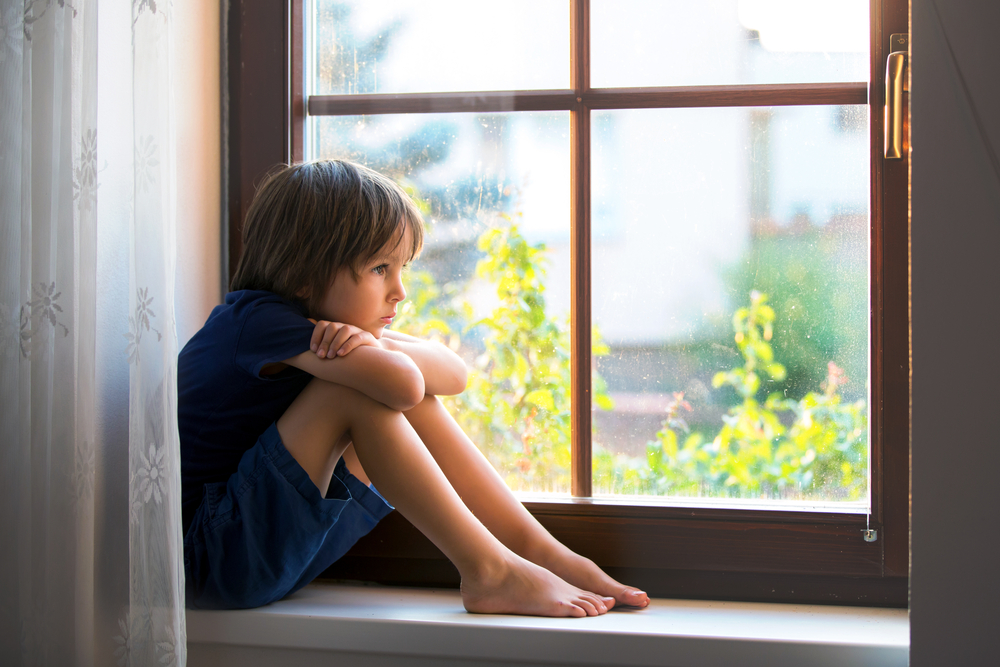
When someone does want to form an emotional bond, you might question if their love is genuine. After a lifetime of being told you don’t deserve love through neglectful abuse, it’s easy to think any sign of love isn’t real. You could question if another person’s love is only based on your positive behaviors, or if it will disappear when they get to know you well enough.
4. It turns emotional distance into a safety net.
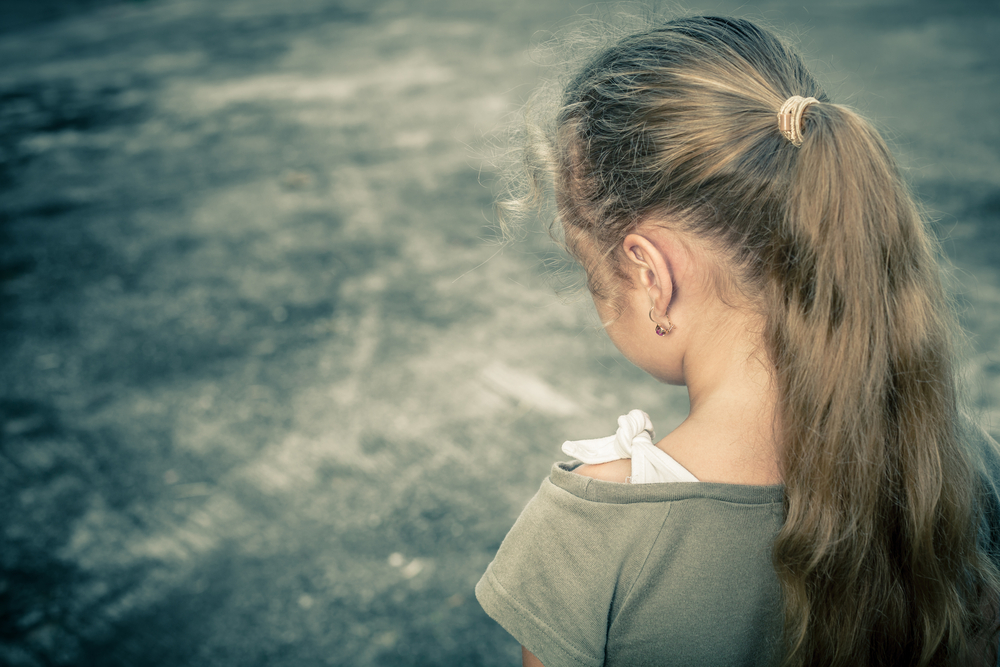
Even though emotional distance from someone is hurtful, it might be what you’re used to experiencing. It’s an unfortunate, familiar reality to many people who experienced emotional neglect in their childhood. Plus, you might reason that you can’t get hurt if you’re the one enforcing the emotional distance in your relationships.
5. It adds discomfort to future relationships.
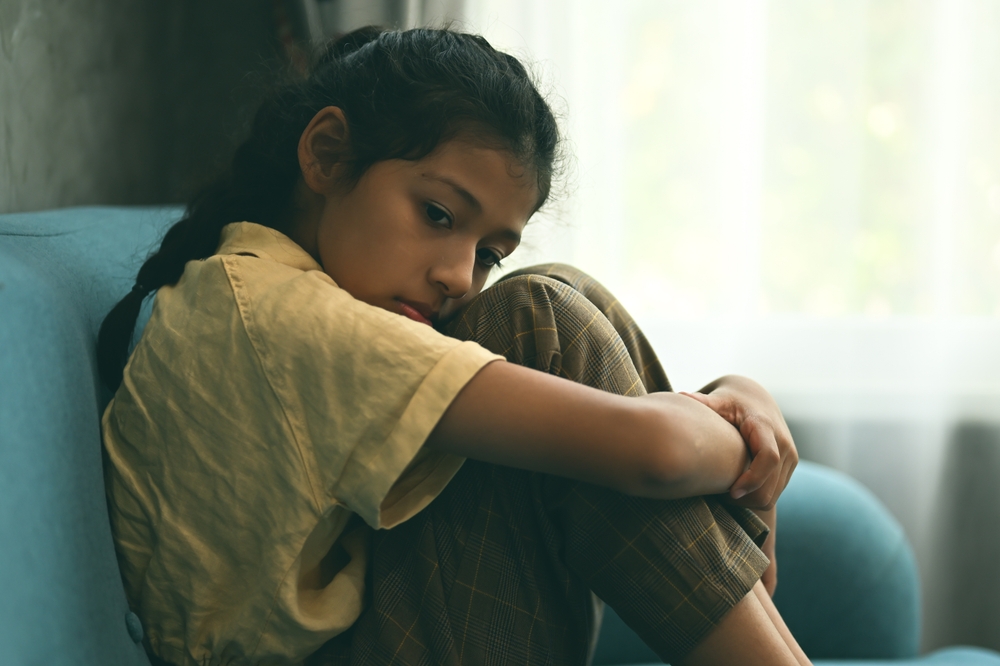
Platonic and romantic can suffer after someone grows up with emotionally neglectful parents. You might feel uncomfortable in close bonds because you’re waiting for your friend or partner to leave you like your parents did. It results in surface-level bonds that aren’t as fulfilling as you logistically want.
6. It might make you open up more quickly.
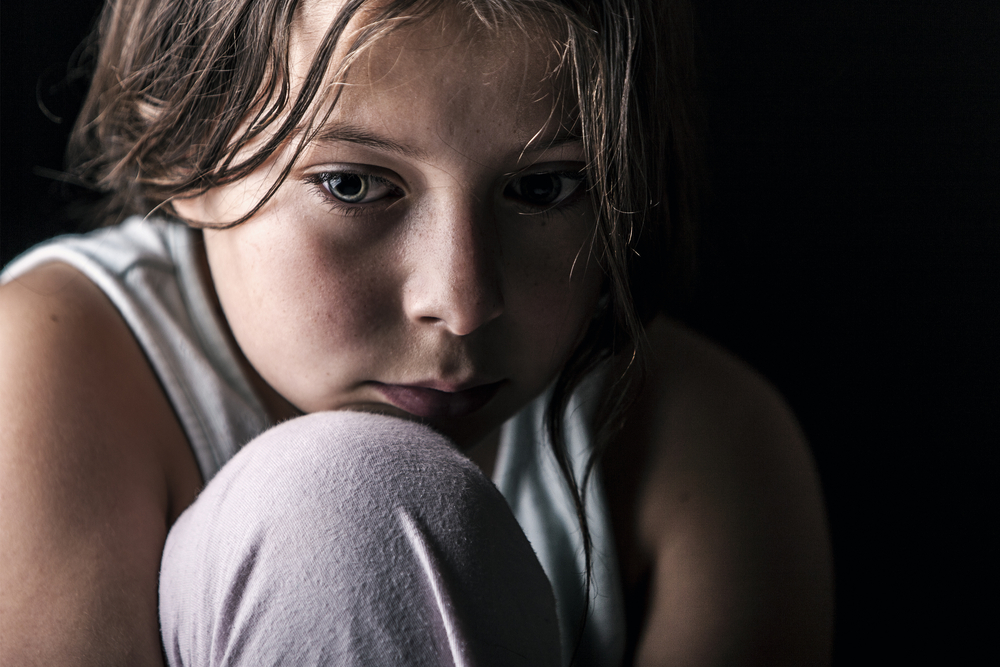
Some people have the opposite reaction to emotional neglect. When they experience even a small amount of emotional intimacy, they break their hearts wide open because the safety feels so reassuring.
Vulnerability becomes spilling your emotional guts, rather than actively listening to each other and respecting each other’s needs. It might be too much for the other person to handle if this happens early in a platonic or romantic relationship.
7. It could make running from relationships more appealing.
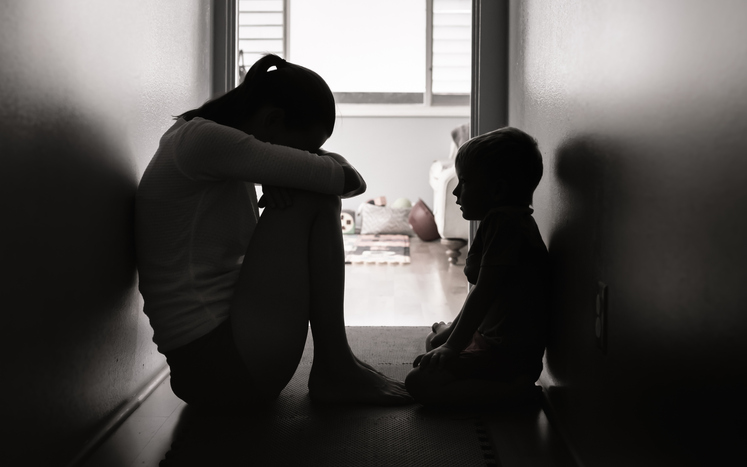
If someone opens up to you or validates your emotions in a healthy way, the support could trigger a sense of panic. You’re not used to that support after a lifetime of neglect, so your anxiety fears that the newfound support is temporary, a mockery of your needs or even potentially unhealthy for your relationship. Running becomes the only way to feel safe, but it only denies you the emotional intimacy you deserve.
8. It sometimes causes social anxiety.

Social anxiety may start in a person’s childhood and last into adulthood if they live with emotionally neglectful parents. You come to expect the same neglect from people outside your family, so you stay away from everyone. You may not even be able to enjoy healthy relationships because you’re always waiting for the emotional neglect to begin.
Social anxiety isn’t something you can ignore because it activates your entire nervous system. Your brain and body respond to the feeling, which becomes extra overwhelming for adults who never learned to regulate their emotions.
9. It makes connecting with your own emotions more difficult.

Kids may detach from their emotions when their parents invalidate their feelings. If they always hear, “Stop crying already,” or, “Just let it go,” it teaches kids that their emotions are wrong. They aren’t safe to express them, especially if the parents follow their dismissal with punishment. When these kids grow up, they may stay numb to their feelings into adulthood and unintentionally disrupt their relationships because of it.
10. It causes emotional explosions for no seemingly apparent reason.
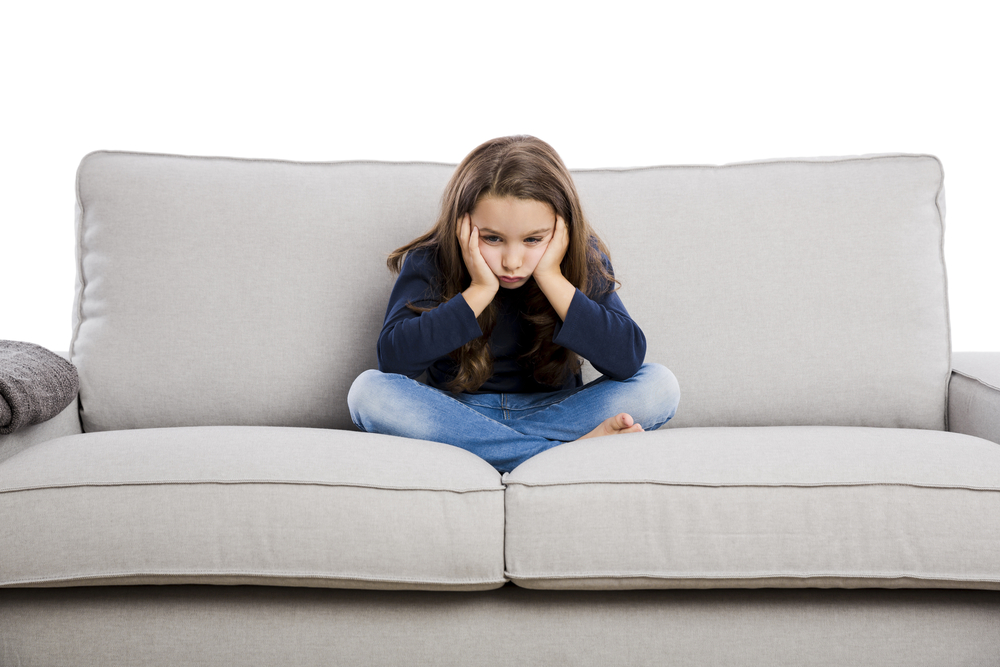
Bottled-up or ignored emotions eventually explode. They sit in your heart until there’s no choice by external expressions. The inner wounds created from childhood emotional neglect need attention and healing. Emotional explosions during fights or after minor triggers prevent the communication necessary for successful relationships in adulthood.
11. It triggers shame when you recognize an emotion.

Emotional neglect teaches kids that their feelings aren’t okay or even safe to have. They ultimately feel ashamed for expressing how they feel. If shame floods your heart when you think about your emotions, you won’t want to even recognize them. It prevents healthy conversations with friends and partners as long as your parental neglect wounds linger in your mind.
12. It turns your childhood self into something that embarrasses you.
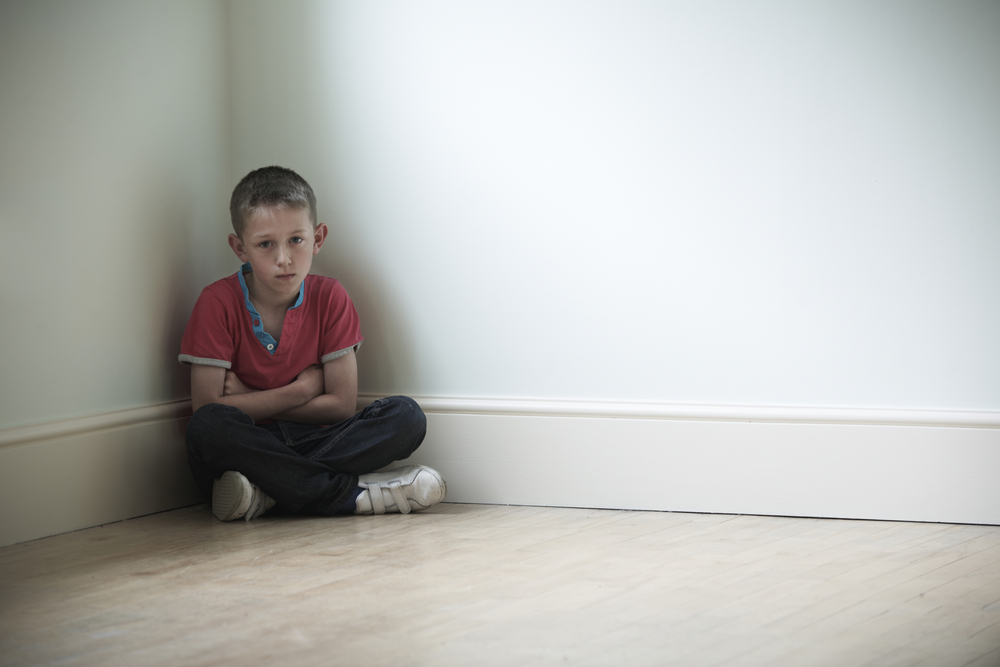
Emotional neglect might not just change how you feel about your emotions. It might make you feel ashamed about your younger self as a whole person. People sometimes feel mortified when reflecting on their younger selves because their child selves were emotionally expressive, seemingly causing their parent’s neglect. It spirals into low self-worth that lasts well into adulthood.
13. It makes you feel invisible.

When expressing emotional needs as a child, your parent might have ignored you most of the time. This can make children feel invisible or unworthy of existing in social circles. The only redemption is how hard they strive to make others feel comfortable. It prevents you from exploring your needs and desires, which holds you back from deeper connections with other people.
14. It causes similar emotional neglect in adulthood.
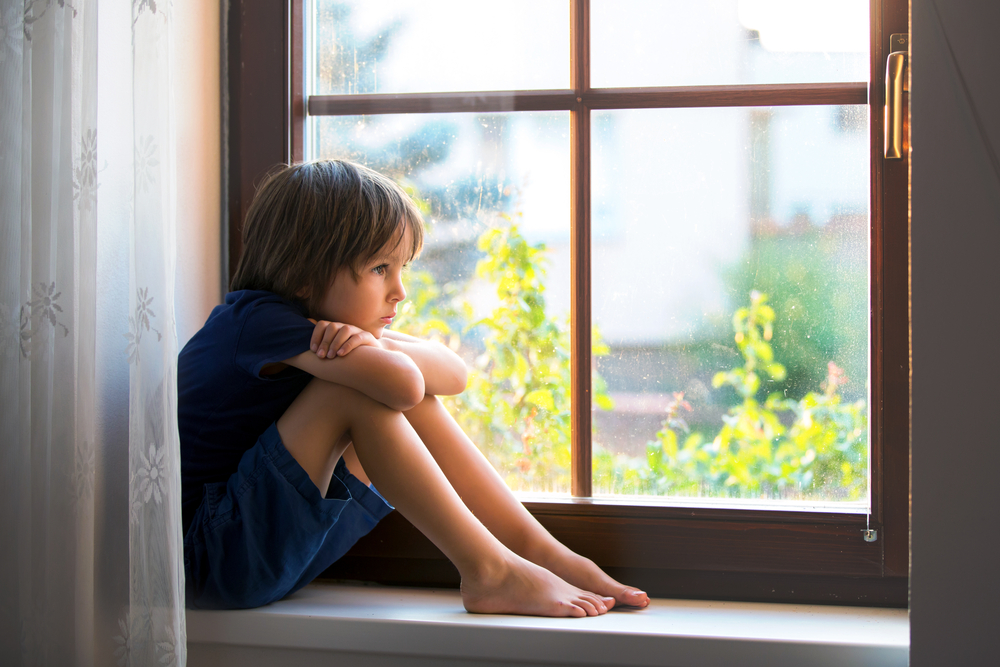
Everyone learns relationship dynamics based on what their parents or caregivers model during their childhood. You might crave emotional intimacy after a childhood of neglect, but only know how to act in neglectful ways because it’s the primary behavior your parents modeled.
This creates distance in relationships, symptoms of depression and unhappiness that follow you to each friendship or partnership. Changing how you interact with people requires lots of therapy, which people may not have the time or money to start.
15. It triggers self-destructive habits for some emotional neglect victims.

Unfortunately, self-destructive tendencies can result from years of emotional distancing. If you have zero self-worth and blame yourself for your parent’s neglect, you might turn your bottled-up feelings in toward yourself during childhood in the form of self-harm, eating disorders or ruining relationships right after they start.
It may feel safer to punish yourself than be angry at your parents. When you’re a kid, you lack any power over your life. By the time you reach adulthood, the habits are so normal, you might not think it’s possible to stop them.
Enjoy this piece? Give it a like and follow PsychLove on MSN for more!




